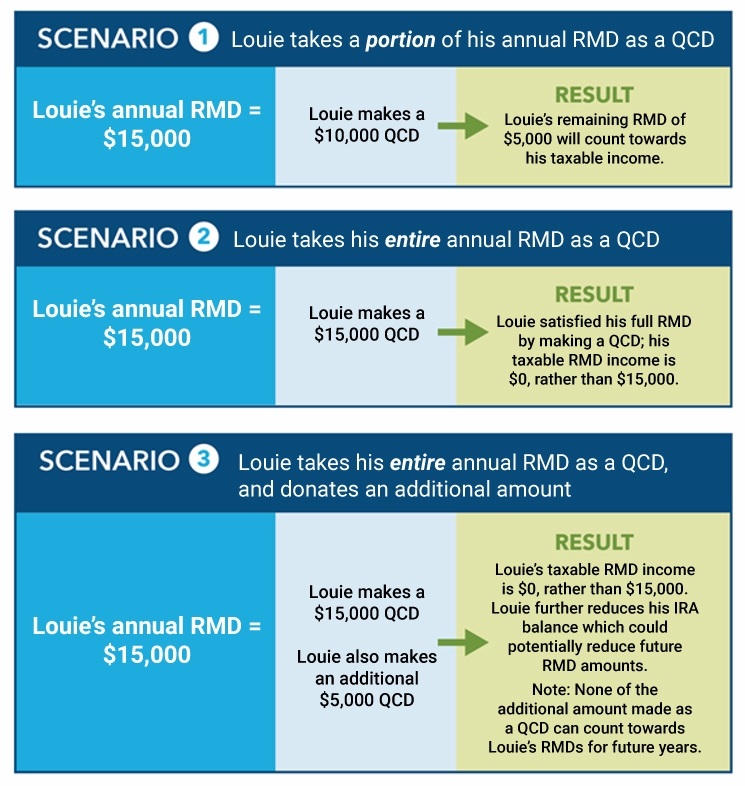With the end of the year rapidly approaching, there are many clients who are asking what they should be doing now to save on taxes before time runs out and we enter 2019. Even with the markets currently down for many stock indices, some clients may end up paying capital gains taxes on long term holdings and need to find ways to offset these. Below are some strategies that we typically look at with clients this time of year.
YEAR END CAPITAL GAINS OFFSETS.
Tax loss selling is a strategy that many fail to fully utilize. Many people understand that they can offset all gains in any year by finding losses in their portfolio and selling the losing securities. Taking these losses now can keep them from having to pay a potentially significant capital gains tax. If all capital gains are offset by capital losses, a taxpayer can utilize up to $3000 per year to also offset other income.
What many fail to realize is that losses incurred in a previous year can be carried-forward to offset future gains as well. Failure to realize the losses may keep someone from fully realizing future tax benefits. It is also likely that losers will continue to drop at least until the first of the next year. A smart individual once said “An object in motion tends to stay in motion unless acted upon by an outside force”. This tends to be true with stock prices, especially toward the end of the year when portfolio managers and those getting rid of losers for tax purposes tend to lighten their portfolios. After January 1st, sometimes the trend changes as investors buy these securities back after 31 days, although others may find more appealing replacements before then. Please keep in mind that you may not repurchase a previously sold security and maintain the tax loss if the purchase is made before 31 days has expired.
CHARITABLE GIFTS
Many times clients like to make gifts of appreciated stock to qualified charities. This allows for the charitable tax deduction. It also helps avoid having to pay taxes on the gains when the stock is sold by the charity. If an individual has been looking at reducing his or her exposure but subject to a significant tax burden upon sale, this strategy may be beneficial. Please make sure to keep these other deadlines in mind when looking to make charitable gifts to ensure your requests can be processed before year end:
- December 18, 2018: Gift requests of mutual funds
- December 21, 2018: Gift requests between accounts
- December 21, 2018: Gift requests of cash delivered via check and/or federal funds wire
- December 21, 2018: Gift requests of equities and fixed-income products to external accounts
CAPITAL GAINS TAXES ON LOSING INVESTMENTS
It seems that every year in December we get a multitude of calls from clients regarding a pretty common occurrence for certain types of investments. This month, most pooled investments pay out their capital gains to shareholders and the value of the associated account falls for a few days until the money is reinvested or paid out. Despite the increased market volatility of late with many holdings down or only slightly positive year to date, several investments are still scheduled to pay out capital gains. When this occurs, you may notice that the investment paying out the capital gain will decline in value by an amount equal to the capital gain to be paid. Within a few days the capital gain will be credited to the investors account. While generally speaking, a capital gain means an investor made money on an investment this is not always the case with those who have held the investment for only a short period of time.
For more on limiting these capital gains, please feel free to click the following link:

REQUIRED MINIMUM DISTRIBUTIONS
Clients 70½ or older must take a Required Minimum Distribution from their IRA and/or their Qualified Retirement Plan for the 2018 tax year. All distributions must be taken by December 31, 2018, with the exception of RMDs for clients who turned or will turn 70½ during this calendar year. These clients may defer their first distribution until April 1, 2019, although we commonly recommend clients take this first distribution during the year they turn 70½ to avoid a larger distribution amount and higher taxable income. Failure to bite the bullet can cause an individual to end up in a higher tax bracket and not taking this distribution altogether will result in a 50% IRS Penalty on the amount not withdrawn.
Avoiding the tax on this distribution is possible for some charitably minded individuals. Any amount up to $100,000 given directly to a charity does not count toward 2018 taxable income if the funds are taken out before December 31st and are sent directly from the IRA custodian to the qualified charity. Only IRAs and inactive SEP IRAs / Simple IRAs are eligible for this planning strategy. We think this can be even more advantageous now that more people are not going to be able to utilize itemized deductions and the standard deduction has doubled for 2018.

For more read:
Beat The Clock -Last Minute Qualified Charitable Deductions
WHAT ABOUT ROTH IRAs
It is worth noting that Roth IRAs are not subject to these pesky Required Distributions (unless inherited). Contributions to and Conversions into Roth IRAs are never taxed again as long as the five year holding period is satisfied and the distribution is after age 591/2. Many people try to get their IRAs converted to Roth IRAs, just to avoid the Required Minimum Distributions but enjoy additional benefits such as potentially reducing the taxation of Social Security and longevity of assets. It is striking how over a 30 year retirement, tax free distributions can allow for significantly more income over time than distributions out of taxable retirement plans. We have seen instances where the total income is twice as much or greater. With the repeal of “re-characterization” or the “do-over rule” it makes more sense to wait until the end of the year to make sure this is a good idea. Down markets, lower taxable retirement income, and long time horizons with anticipated tax-free growth make this strategy more appealing, especially toward the end of the year. I recently wrote an article about this.
To read this article and/or the other in Forbes on Tax-Free Retirement, please feel free to follow the following links:
- Staying Financially Fit by Turning Lemons into Lemonade
- The Road to a Tax Free Retirement
Forbes.com, March 12, 2015
If you would like to talk about any of these tax strategies before the end of the year, please feel to give our office a call. More can be done before Christmas rolls around than after the New Year.

Nick Hughes is a Wealth Advisor with Franklin Wealth Management, a registered investment advisory firm in Hixson, Tennessee. In addition to advising clients since 2007, he has contributed to articles for Market Watch and FinancialPlanning.com and is a regular contributor to the Franklin Backstage Pass blog.
Important Disclosure Information for the “Backstage Pass” Blog
Please remember that past performance may not be indicative of future results. Indexes are unmanaged and cannot be invested into directly. Index returns do not reflect fees, expenses, or sales charges. Index performance is not indicative of the performance of any investments. Different types of investments involve varying degrees of risk, and there can be no assurance that the future performance of any specific investment, investment strategy, or product (including the investments and/or investment strategies recommended or undertaken by Franklin Wealth Management), or any non-investment related content, made reference to directly or indirectly in this blog will be profitable, equal any corresponding indicated historical performance level(s), be suitable for your portfolio or individual situation, or prove successful. Due to various factors, including changing market conditions and/or applicable laws, the content may no longer be reflective of current opinions or positions. Moreover, you should not assume that any discussion or information contained in this blog serves as the receipt of, or as a substitute for, personalized investment advice from Franklin Wealth Management. To the extent that a reader has any questions regarding the applicability of any specific issue discussed above to his/her individual situation, he/she is encouraged to consult with the professional advisor of his/her choosing. Franklin Wealth Management is neither a law firm nor a certified public accounting firm and no portion of the blog content should be construed as legal or accounting advice. A copy of Franklin Wealth Management’s current written disclosure statement discussing our advisory services and fees is available for review upon request





